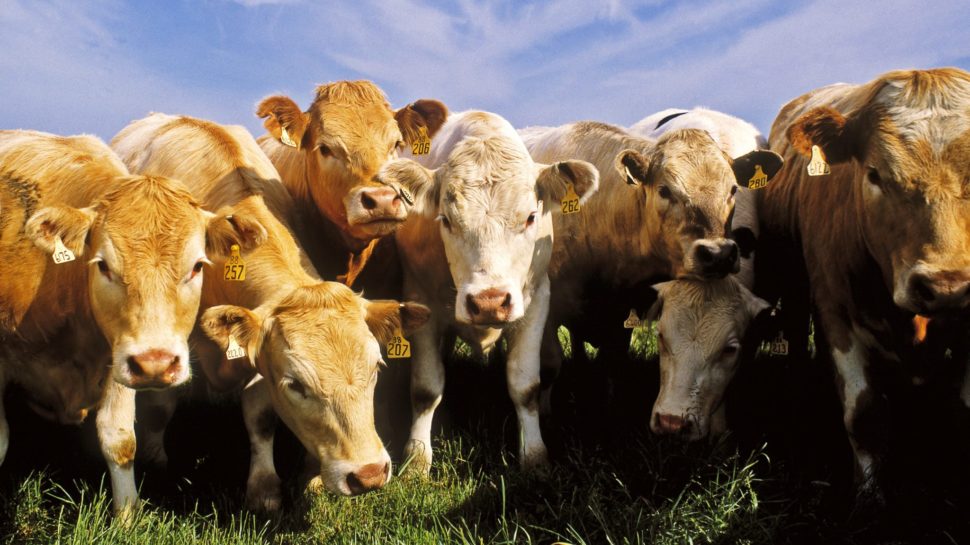Jim Power Beef Report Shows Importance of CAP to Future of Beef Sector

Economist Jim Power presented his report on the Irish beef sector to the members of the IFA National Council meeting and National Livestock Committee today.
The Irish beef producing sector is experiencing difficult market conditions at the moment. It’s being hit with a combination of negative forces. These include CAP reform, Brexit, EU and global beef market conditions, the proposed Mercosur trade deal, environmental considerations, the weak position of beef producers in the domestic supply chain, and the growth of beef animals from the dairy herd.
Price compression at the retail level is a key characteristic of the beef market. The price of beef is being driven down at the retail level and attempts are being made to feed the consumer a diet of cheap beef in particular and cheap food in general. The report proposes that a ban on below-cost selling should be introduced along with the appointment of a retail regulator. Unsustainable discounting should not be allowed as it is not in the interests of farmers, processors or consumers.
“Irish suckler beef production sector is challenged. Policy makers have to decide if it is a sector worth supporting. If stronger support is not forthcoming, many existing operators will go out of business, with very negative consequences for economic and social life in large swathes of rural Ireland, the natural landscape, and Irish agri-food exports,” the report author Jim Power said.
CAP funding is vital to the future of the sector and for regional development. In order to help sustain the sector, the CAP budget needs to be maintained in real terms with extra payments for extra environmental asks on farmers.
Among the report’s recommendations are that farmers must be properly rewarded for the environmental contribution they are making in sequestering carbon.
It also recommends the development of a new brand for Irish suckler beef. The Government should apply to have this underpinned by Protected Geographical Indicator (PGI) status for Irish suckler beef.
The lack of transparency in the sector is feeding mistrust between farmers and processors. In order to begin the process of building trust, the CCPC should launch a full investigation into competition in the sector.
The current focus of the debate about the in-spec requirements and whether these are being demanded by the retailers, is likely to be overtaken by environmental pressures to reduce the slaughter age. The current pricing system where farmers receive a bonus from meat processors for meeting in specification requirements is frustrating farmers. It is important that farmers see a reward for participating in the QA Scheme. This is vital for the future of the scheme. Accordingly, the in-spec bonus system should be amended to give some meaningful bonus to all animals coming from QA herds.
Report author Jim Power said that “The reality is that beef production is a very challenging sector in general, but in Ireland in particular, due to the nature of the supply chain. The beef sector in Ireland is characterised by price compression at the retail level; a very concentrated processing industry; and a wide variation of beef farmer technical expertise, productivity and efficiency. Beef farmers are very dependent on direct payments, and without those payments, a large segment of beef producers would not be economically viable or sustainable”.
IFA President Tim Cullinan said that the report demonstrates that the number one focus for all farmers in 2020 has to be the fight for a fair CAP budget.
“The reality is that if we want to keep economic activity in rural Ireland particularly in the West where 79% of the cows are suckler cows, North West and midlands region, we need suckler cows and a beef sector. This will not survive without strong CAP support,” he said.
“It is also clear that the previous strategies including Foodwise 2025 have failed farmers with no clear plan or measurable targets to bring profitability to beef farming. The agri food 2030 strategy will have to have a clear plan for suckler farmers and the beef sector,” he said.
Tim Cullinan said the report has a clear message for retailers. Of all the actors in the food chain, they enjoy the highest margins. The work of the Beef Taskforce is to bring greater transparency to the share out of the final retail price.
